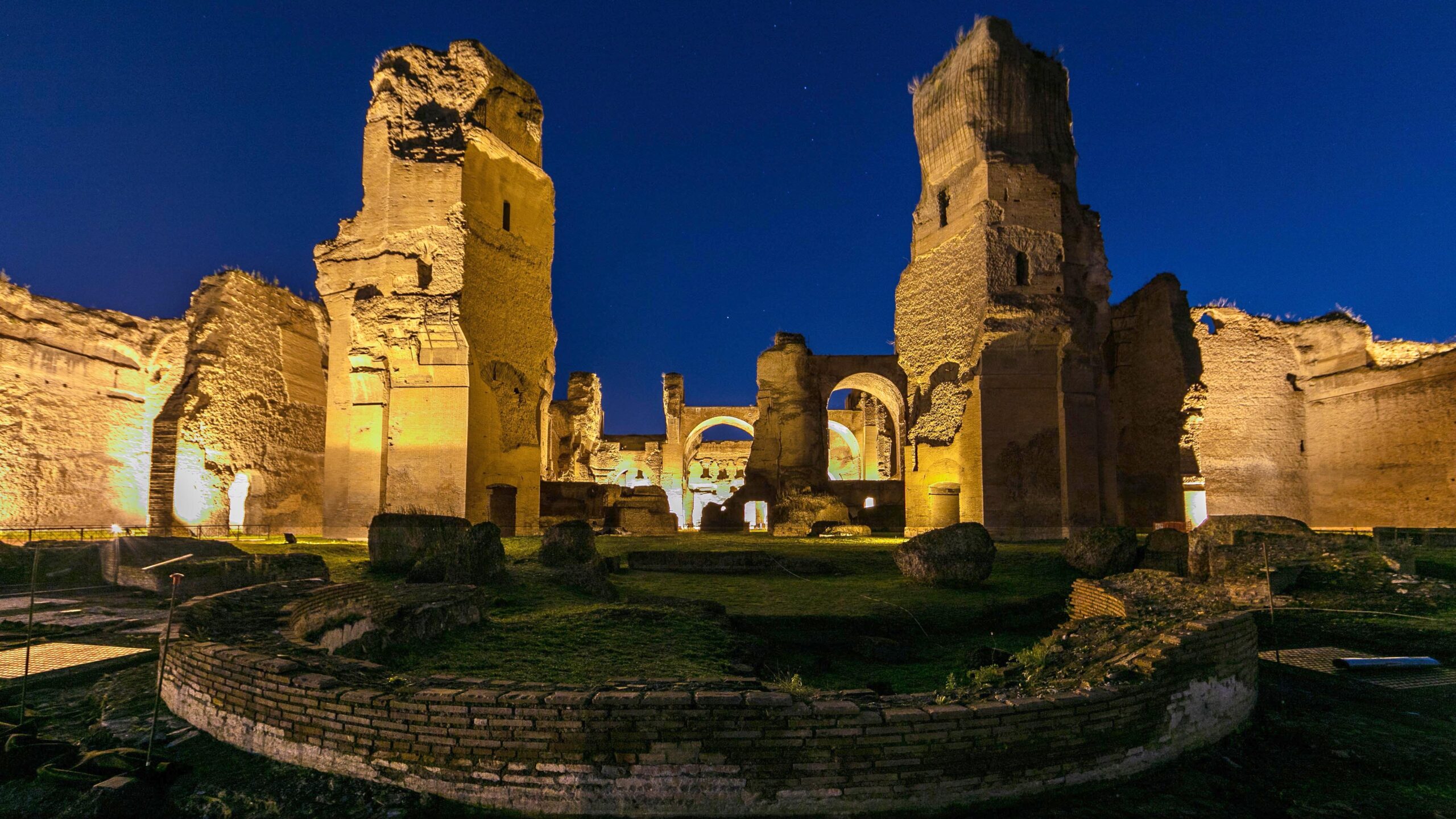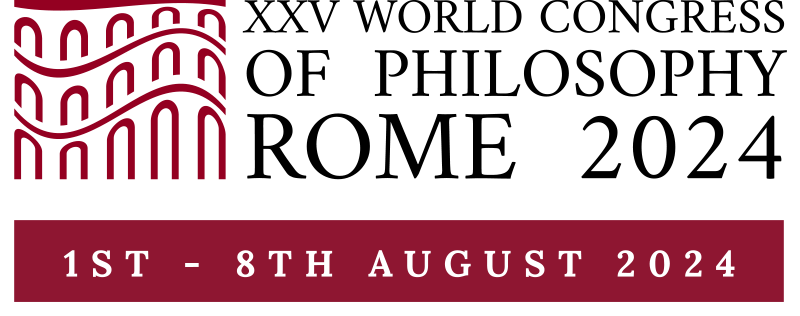
OPENING CEREMONY
Rome, August 1st 2024 – 9.00 pm
Terme di Caracalla
Via delle Terme di Caracalla 52, Rome
Each registered participant will receive a confirmation letter with the link to register.
There is no shuttle service to the event venue.
It is recommended to take the subway line B, Circo Massimo stop.
During the opening ceremony, simultaneous translation of the speeches is possible by downloading the Lyri app.
PROGRAMME
WELCOME SPEECHES
Roberto Gualtieri
Mayor of Rome
Antonella Polimeni
Rector of Sapienza University of Rome
Francesco Rocca
President of Lazio region
SPEECHES
Emidio Spinelli
President of the Italian Organizing Committee
Luca M. Scarantino
President of the 25th World Congress of Philosophy
Introduced by
Roberta Serdoz
RAI Journalist

Arias from Tosca
by Giacomo Puccini
Orchestra del Teatro dell’Opera di Roma
Conductor Antonino Fogliani
Floria Tosca Francesca Tiburzi
Mario Cavaradossi Luciano Ganci
On the occasion of the centenary of Puccini’s death, an homage will be paid to the great composer with the performance of arias from Tosca presented with a creative project and original settings by Massimiliano and Doriana Fuksas.
Recondita armonia– Act I
Qual occhio al mondo – Act I
Vissi d’arte – Act II
E lucean le stelle – Act III
O dolci mani– Act III
Tosca is an opera in three acts composed by Giacomo Puccini, with a libretto by Giuseppe Giacosa and Luigi Illica. The first performance took place on January 14, 1900, at the Teatro Costanzi in Rome. The opera is based on the drama “La Tosca” by Victorien Sardou.
The plot is set in Rome in June 1800, during the Napoleonic Wars. The story follows the singer Floria Tosca, her lover, the painter Mario Cavaradossi, and Baron Scarpia, the chief of police who desires Tosca and seeks to capture Cavaradossi.
Giacomo Puccini (1858-1924) is one of the greatest Italian opera composers. His works are renowned for their emotional intensity and the ability to blend music and drama uniquely. Among his most famous operas, in addition to “Tosca,” are “La Bohème,” “Madama Butterfly,” and “Turandot.”

